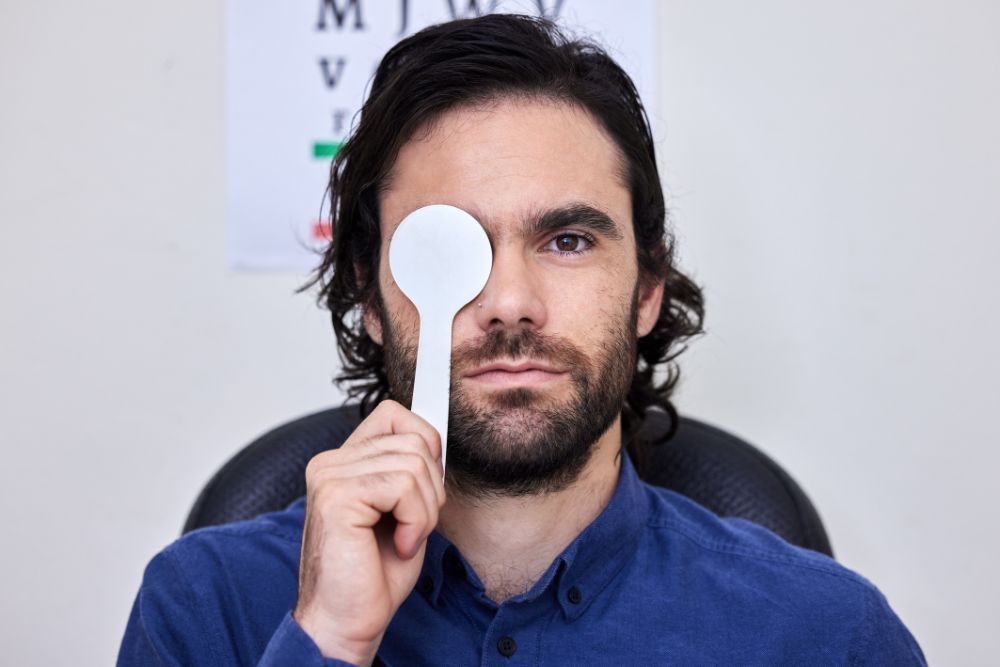How Retinal Conditions Can Affect Depth Perception

Depth perception—your ability to judge how far away objects are and how they fit together in space—is essential for everyday life, whether you're driving, climbing stairs, or pouring into a cup. When depth perception is disrupted, everyday activities can become challenging and sometimes even risky.
Understanding the Impact on Depth Perception
The retina is the light-sensitive layer at the back of the eye that turns images into signals for the brain to interpret. Certain retinal conditions can interfere with how clearly or evenly the retina sends those signals, which in turn affects depth perception.
For example, age-related macular degeneration (AMD) is a condition that damages the macula, the part of the retina responsible for sharp central vision. AMD often begins in one eye, but depth perception relies on both eyes working together. Distortion or blind spots in one eye can force greater dependence on the “stronger” eye, making it harder to judge distances accurately. Diabetic retinopathy can create similar challenges by causing blood vessels in the retina to leak, which blurs or blocks vision in one or both eyes and further disrupts spatial awareness.
Everyday Challenges Patients May Notice
When depth perception is altered, daily life can become challenging to navigate:
- Driving may feel less safe because it’s harder to judge the distance or speed of cars.
- Falls become more likely if steps, curbs, or furniture seem closer or farther away than they really are.
- Household tasks such as pouring a drink, reaching for objects, or climbing stairs can suddenly require more concentration.
Although changes in depth perception can be unsettling, prompt care and simple adjustments can help you stay independent and safe.
Vision Rehabilitation: Adapting to Depth Perception Changes
Vision rehabilitation focuses on helping people adjust to vision changes so they can continue living safely and independently. Low-vision specialists and occupational therapists may teach new techniques for daily tasks, suggest home modifications like better lighting or high-contrast markings, and introduce assistive technology such as bioptic telescopes. Support groups and community programs can also provide encouragement and resources. With the right guidance, many patients find they can adapt to depth perception changes and regain confidence in everyday life.
Tips to Stay Safe and Independent
In addition to formal vision rehabilitation, small changes at home and in your routine can make a big difference. Here are some strategies that can help:
- Improve lighting: Bright, even light makes edges and steps easier to see.
- Use contrast: Mark stair edges, thresholds, or uneven surfaces with high-contrast tape or paint.
- Keep spaces clear: Minimize clutter, cords, and loose rugs to reduce fall hazards.
- Move with intention: Take your time when navigating steps or crowded spaces.
Take Early Action to Protect Your Vision
Retinal diseases often progress gradually, and symptoms such as blurriness, distortion, or blind spots can interfere with depth perception over time. If you’re starting to notice these changes, seeking care promptly is the best way to protect your vision and reduce the risk of more serious loss. At Retina Group of Florida, our specialists are here to diagnose, treat, and support you so you can continue living with confidence, independence, and peace of mind. If you experience any sudden or significant changes in your vision, contact Retina Group of Florida promptly to schedule an evaluation.

